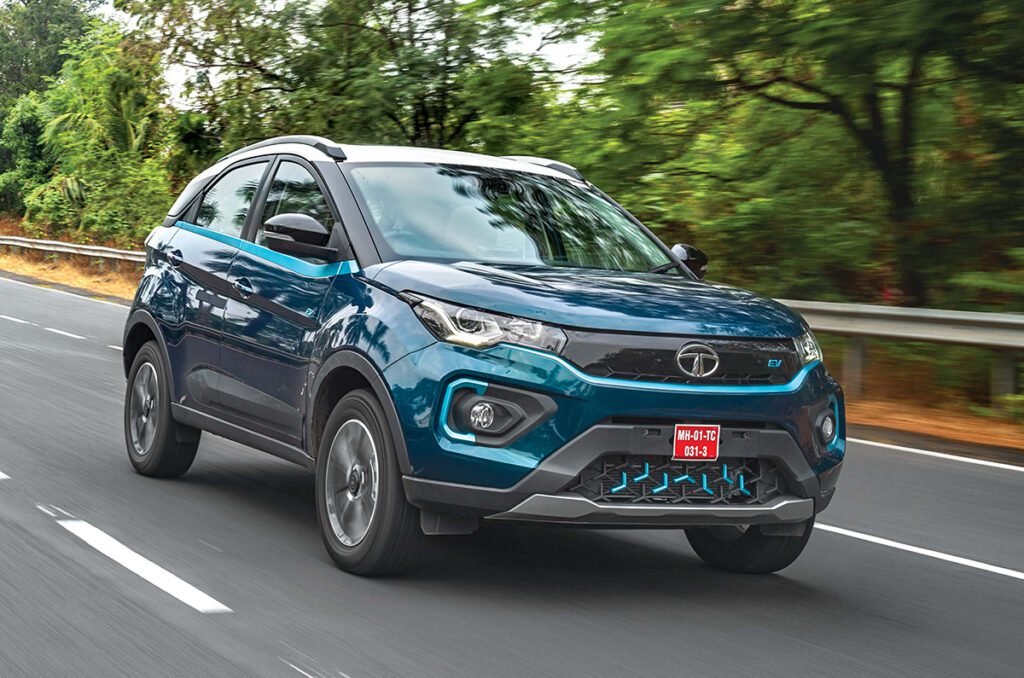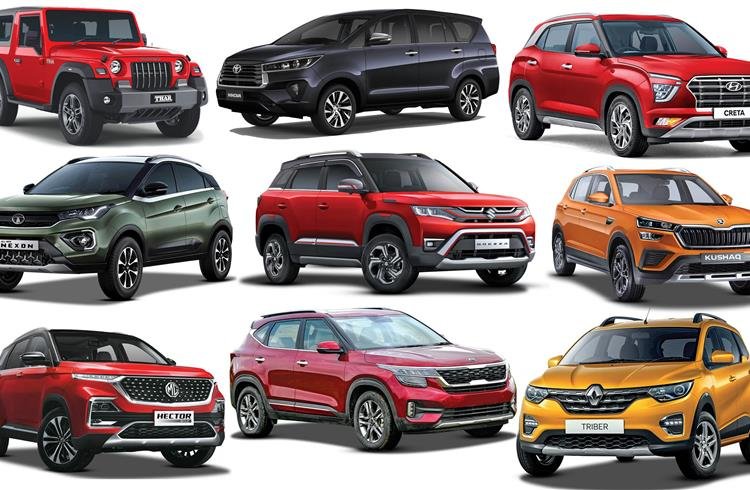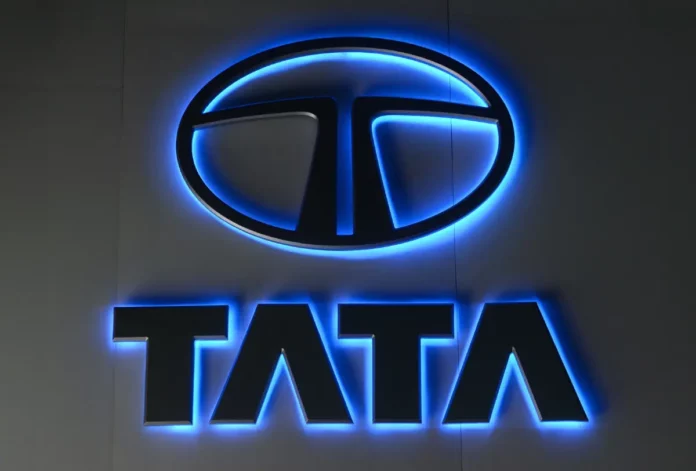Tata Motors shares surged 2.3% to a 52-week high of Rs 548.4 in BSE trading on Monday after the Tata Group announced plans to invest Rs 13,000 crore to establish a lithium-ion manufacturing facility in Gujarat.
According to a joint statement on the memorandum of agreement between Tata’s company Agratas Energy Storage Solutions and the government of the western state of Gujarat, construction on the project, which will be located in Sanand, northern Gujarat, is slated to begin in less than three years.
The Gujarat government has announced that the project will begin with an initial investment of Rs 13,000 crore (equal to $1.8 billion) during its first phase. The first manufacturing capacity would be 20 gigawatt hours (GWh), which could be increased in a second phase of expansion, according to the announcement.

Tata Motors shares have increased 39% year to date, while they have increased 15% in the last month.
Earlier this week, Tata Motors said that its domestic and foreign electric car sales in the passenger vehicle segment increased 66% to 5,805 units in May 2023, up from 3,505 units the previous year.
Tata Motors’ total sales in May 2023 were 73,448 units, compared to 74,755 units the previous year.
Agratas Energy Storage Solution, a Tata Group company, signed an agreement with the Gujarat government to build a facility with an initial manufacturing capacity of 20 Gigawatt hours (GWh), which might be doubled in a second phase of expansion.
The agreement comes at a time when India is striving to strengthen its electric car supply chain, and it aligns with the government’s goal of reaching 100% EV use by 2030.

According to Morgan Stanley, a global research and brokerage firm, Tata Group’s entry into the battery cell industry is seen as a positive development for Tata Motors. This strategic move is expected to provide Tata Motors with a dependable, secure, and cost-effective supply chain, which is crucial for maintaining its dominant position in the Indian electric vehicle (EV) industry.
Currently, Tata Motors holds the largest market share in the EV passenger car segment. With only two models, the Nexon EV and Tigor EV, Tata Motors commands an impressive 86 percent share in the EV market.
Overall, Morgan Stanley’s assessment highlights the potential benefits of Tata Group’s expansion into the battery cell industry, positioning Tata Motors for continued success in the rapidly growing Indian EV market.
Also Read:


